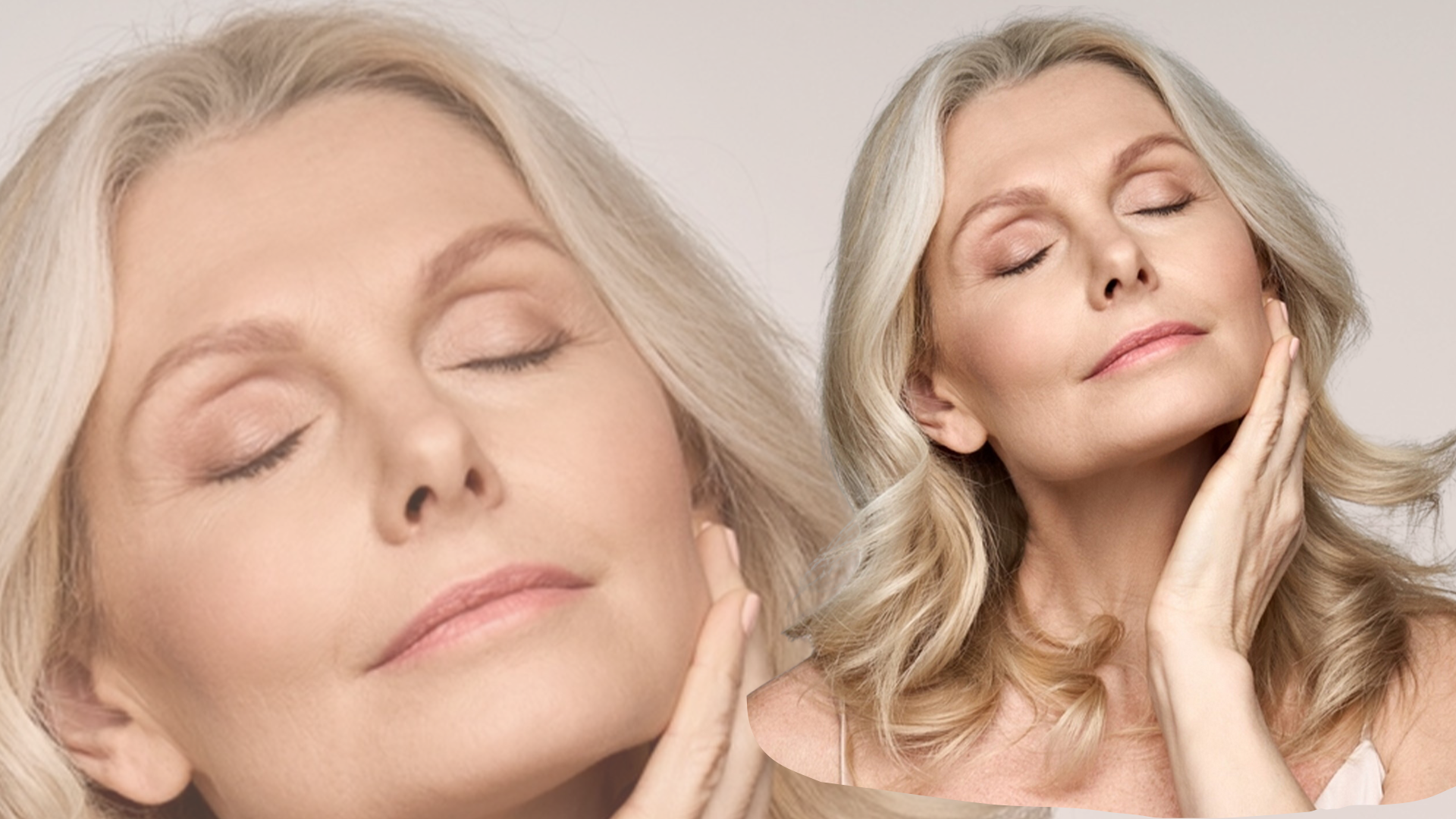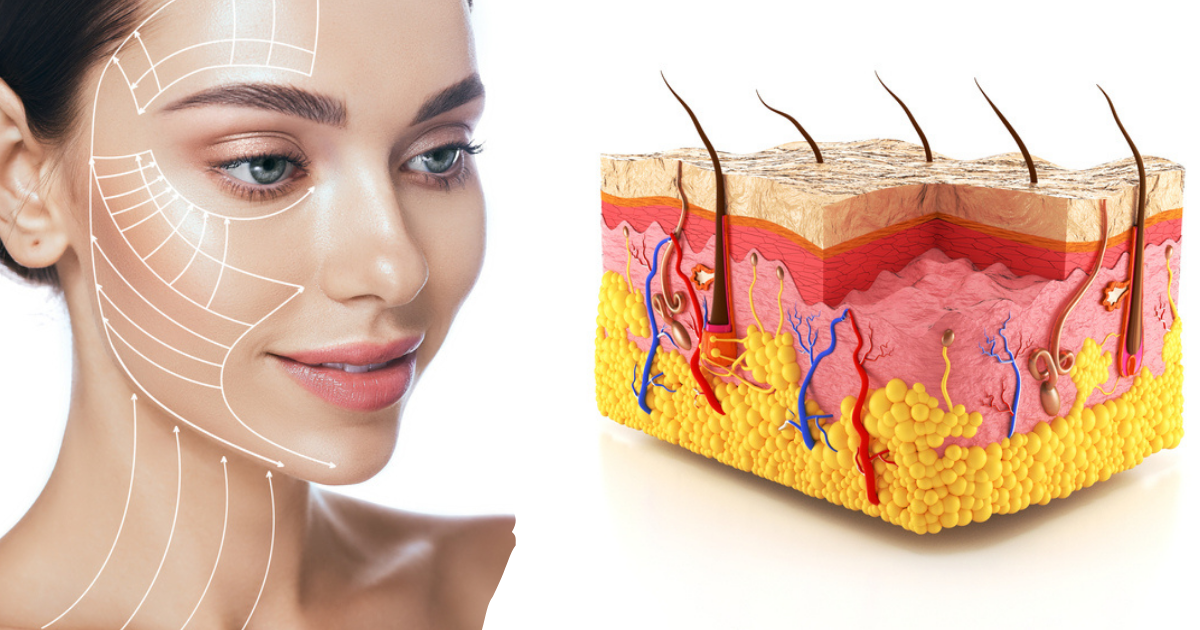Understanding the Skin’s Role in Immune System Protection Understanding the Stylish Offense is a Good Defense
Introduction
The expression” the swish offense is a good defense” holds true in sports and the world of skincare. Skin, being the largest organ of the mortal body, serves as the first line of defense against dangerous pathogens and environmental stressors. Understanding the part of the skin in vulnerable system protection is pivotal for maintaining healthy skin. This composition will claw into the complex system of skin protection, including the skin’s structure, its microbiome, the goods of hedge breakdown, stress assaults, and ways to guard the skin.

Skin A Complex System of Protection
The skin is comprised of three layers the epidermis, dermis, and hypodermis. The epidermis, the remotest subcaste, is the body’s first line of defense against dangerous pathogens. It consists of colorful types of cells, similar to keratinocytes, Langerhans cells, and melanocytes, all of which play a significant part in the vulnerable defense.
The dermis, positioned beneath the epidermis, contains collagen and elastin, furnishing structural support and pliantness to the skin. The hypodermis, the inmost subcaste, acts as a fat storehouse cube, offering sequestration to the body.
oil painting glands and sweat glands also play a vital part in the vulnerable defense. These glands cache sebum and sweat, independently, which form a defensive hedge on the skin’s face, precluding dangerous pathogens from entering the body.
Skin’s Microbiome

The skin is home to millions of bacteria, fungi, and other microorganisms, inclusively known as the skin microbiome. The skin microbiome plays a pivotal part in precluding the colonization of pathogenic microbes on the skin. Commensal and symbiotic bacteria present on the skin’s face produce antimicrobial peptides, which help inhibit the growth of pathogenic microbes and cover against infections.
hedge Breakdown
The skin’s hedge function can be compromised due to colorful factors, similar to exposure to harsh chemicals, UV radiation, and environmental stressors. hedge breakdown can lead to water loss, which can have mischievous goods on the skin’s health. Transepidermal water loss( TEWL) occurs when water evaporates from the skin’s face, performing in blankness and flakiness.
Stress Assaults

Stress hormones, similar to cortisol, can negatively impact the skin’s health. Studies have shown that stress hormones can increase sebum products, leading to acne flights. Air pollution can also damage the skin’s hedge function, performing in unseasonable aging and other skin-related problems. Harsh cleaners and exfoliators can further contribute to skin damage and hedge breakdown.
securing the Skin
securing the skin is pivotal for maintaining healthy skin. A balanced diet rich in vitamins and antioxidants can help promote skin health. Regular exercise can ameliorate blood rotation, easing the delivery of essential nutrients to the skin. Establishing a harmonious skincare routine that includes gentle cleaners, moisturizers, and sunscreen can also help cover the skin from environmental stressors.
To minimize damage from environmental stressors, avoiding exposure to harsh chemicals and adulterants is essential. Wearing defensive vesture, similar to headdresses, sunglasses, and long-sleeved shirts, can also give defense against dangerous UV radiation.
Conclusion
In conclusion, the skin serves as the body’s primary defense against dangerous pathogens and environmental stressors. Understanding the complex system of protection that the skin provides is pivotal for maintaining healthy skin. By enforcing a regular skincare routine, maintaining a balanced diet, and avoiding exposure to harsh chemicals and adulterants, individualities can promote skin health and strengthen the vulnerable system.
FAQs
1. Can stress really affect the health of my skin?
Yes, stress can have negative goods on the skin’s health. Increased stress situations can lead to heightened sebum products, performing in acne flights.
2. How can I cover my skin from environmental stressors?
To cover your skin from environmental stressors, it’s important to establish a regular skincare routine using gentle cleaners, moisturizers, and sunscreen. also, wearing defensive apparel and avoiding harsh chemicals can help guard your skin.
3. What’s the part of the skin microbiome in skin health?
The skin microbiome plays a pivotal part in maintaining skin health. The presence of beneficial bacteria on the skin’s face helps help the colonization of dangerous microbes, guarding against infections.
4. How can I ameliorate the hedge function of my skin?
To enhance the hedge function of your skin, you can use moisturizers that help lock in humidity and help transepidermal water loss. also, avoiding harsh chemicals and using gentle skincare products can help save the integrity of the skin’s hedge.
5. Does diet have an impact on skin health?
Yes, maintaining a balanced diet rich in vitamins and antioxidants can contribute to healthy skin. Nutrients from a well-rounded diet support the skin’s health and overall vulnerable system performance.





